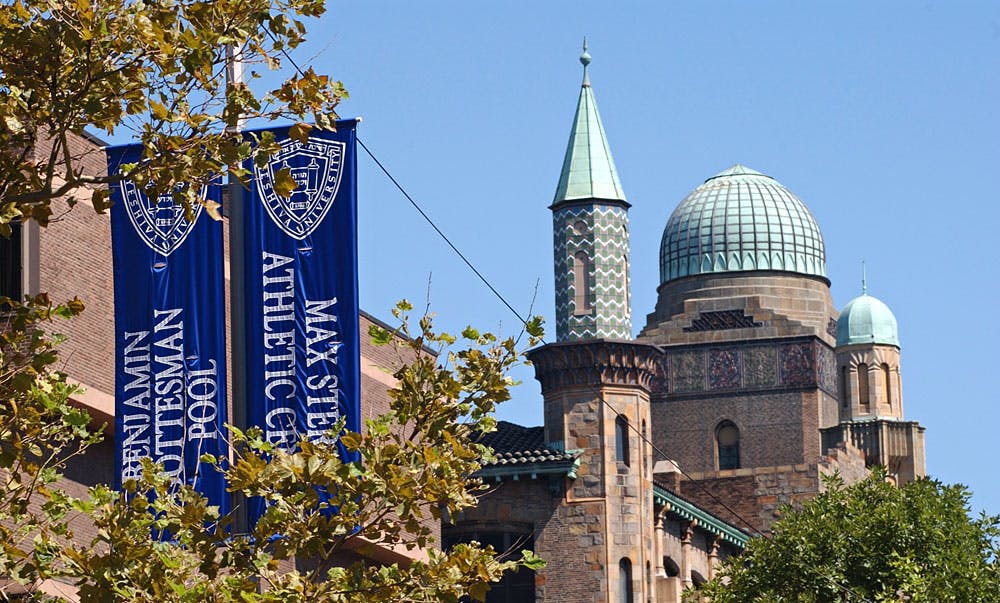
Could the Supreme Court’s Tariff Decision Be Applied to the Fed?
By THE NEW YORK SUN
|‘Unfortunately trends of antisemitism and islamophobia, and hate crimes in general, are rising, not falling. So we’re pushing for this to get passed as soon as possible,’ the executive director of Teach NYS tells the Sun.


By THE NEW YORK SUN
|
By GEORGE WILLIS
|
By CARL ROLLYSON
|
By MARIO NAVES
|
By LUKE FUNK
|
By BRADLEY CORTRIGHT
|
By LUKE FUNK
|
By TOM TEODORCZUK
|Already have a subscription? Sign in to continue reading
$0.01/day for 60 days
Cancel anytime
By continuing you agree to our Privacy Policy and Terms of Service.